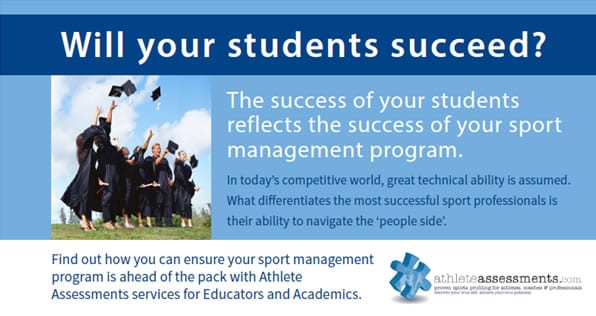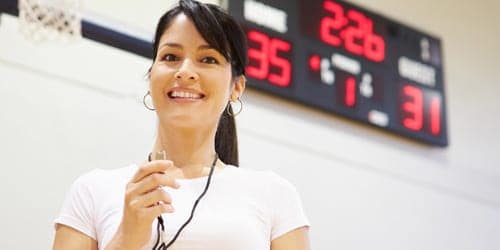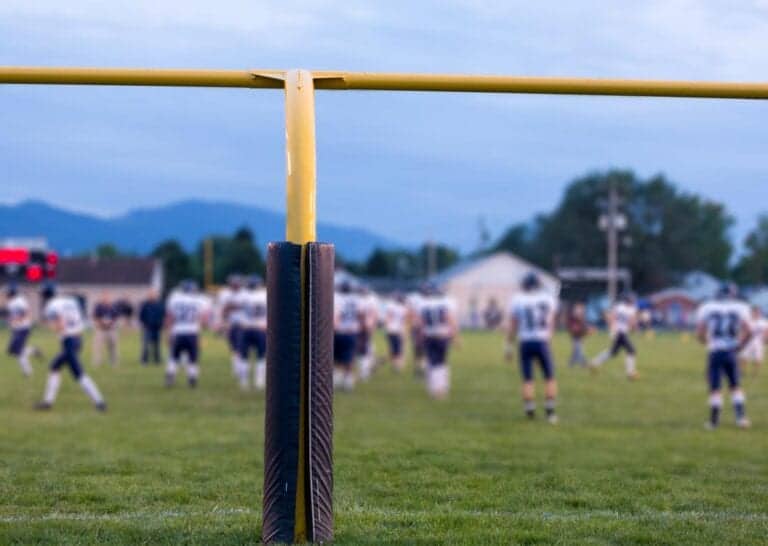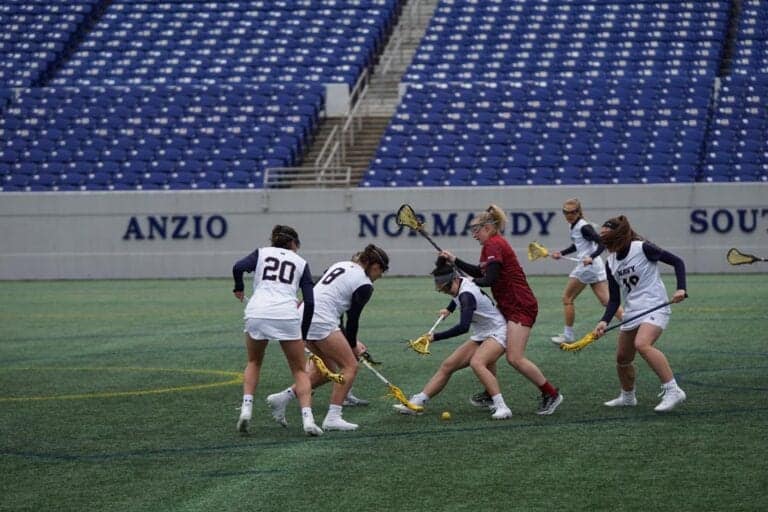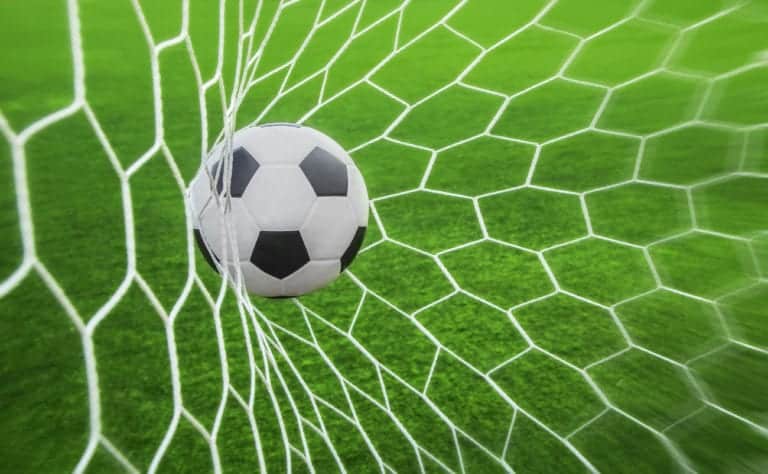Ever spent time wondering how expert coaches operate? In this article we take a quick look at what the ‘experts’ do that makes them experts. This research was derived from how experts conduct themselves across a wide domain of industries and areas of endeavor. Expertise is universal and we apply this to coaching sport. When reading this article, I’d encourage you to ask yourself consistently, “Do I do that?” As always, we are purely trying to help coaches become the best coach they can be and if this article helps or prompts you to aspire to be better, then we feel we have achieved our goal.
Expertise is defined as high level, skill, knowledge and know how. Coaches all have varying levels of expertise based on experience, education and their own desire to continually improve themselves. The same goes for athletes. What we are looking at in this article are the eight elements of expertise, the common threads that all experts share.
If you are not sure what level you are coaching at, we have an article that delves into this subject in greater detail.
1. Expertise is domain specific and developed over a long time
We often reference the 10,000 hour rule as being the minimum amount of time required to reach expert status in anything. (For more information, refer to the book The Talent Code.) Whilst it is possible to be great prior to this, the greatness experienced is likely to be as a result of some physiological ability, talent or external course of events, not because you are an expert. Expertise is also only applicable to a specific area. Just because you are an expert athlete, means little for being immediately an expert coach.
2. Expert sport coaches recognize patterns faster
This is such an important element. Experts have an ability to notice something most others do not. Before you can recognize a pattern, you have to have noticed the first time something occurred. Some coaches have a better eye for noticing than others. Some do not ‘see’ what is actually happening in front of them. Others can take note of such a minute level of detail, they can give high level direction to an athlete to make a small adjustment which can make a massive difference to the athlete’s performance (these coaches are said to have a well-developed ‘eye’).
3. Expert sport coaches have knowledge structured for easier recall
Expert coaches develop a framework or structure for doing what they do. This could be in relation to explaining technical or game specific information or communicating in general. For example, an expert coach I know, always starts communicating in the big picture before going down to the detail. Another coach describes the technique of their sport in a structure which they teach their athletes. This structure is referred to when making adjustments to the athlete’s technique. Understanding the structure is like understanding the system, it helps you to know how the various elements are related and therefore, how they affect each other.
4. Expert sport coaches sort problems into categories according to features of their solutions
Expert coaches know the various inputs required to be successful in sport. For example they know equipment, training program, relationships, team dynamics, environment, game plans and tactics are all elements of the whole program. When there is a problem, they can define what category it fits in to. They know that a problem with one area does not mean they change every area.
In our experience, the top coaches and most successful, fully understand the importance, impact and need to address the ‘people side’ of their sport. We have endless articles on this topic and we often refer back to the 2008 Canadian Olympic Study.
5. Expert sport coaches are initially slower to solve problems, but faster overall
Expert coaches may take longer to solve a problem at the surface level because they are not looking for symptomatic solutions which are purely remedial in nature. What this means is experts look beyond the symptoms to address root causes. Experts are usually excellent problem solvers who look for generative change which is in line with the wider system they are operating in. Non-experts do not have the wealth of knowledge to look back on and therefore lack total understanding, therefore often make simplistic solutions to obvious symptoms. Addressing symptoms usually only creates bigger problems later on.
6. Expert sport coaches are more flexible and better able to adapt
Expert coaches can adapt solutions due to their wider understanding of the overall environment and system. They usually have greater choice over what to do and how to behave as they possess greater awareness of what has and has not worked in the past.
What differentiates the expert coaches, is their ability to appreciate and adapt their coaching style to what the situation and athletes need. They have a well-developed coaching style and know with confidence how to adapt.
7. Expert sport coaches develop routines
Experts do so to allow processing capacity to be focused on ongoing environments. These coaches develop structures which underpin how they run their programs and teams. These structures and systems become the program, resulting in others also knowing how things work. Once these structures are known they become routines for all to follow. Anytime we create these routines, patterns or generalizations, it enables us to free thinking space for more complex problems. Every human being does this, expert coaches do it in the sporting environment for their athletes and teams. Examples include structured training times set in advance, feedback mechanisms and performance measures, and behavioral frameworks, all elements which are established up front and set so all understand.
8. Expert sport coaches take deeper meanings from cues
Expert coaches notice what is going on and they know that almost nothing is random. For example, when an athlete turns up late for practice, expert coaches notice and look for other examples of discontent in that athlete. They next thing they see may be the athlete not acknowledging their team members and perhaps not wearing the right socks. Experts notice the tiny details and attach meaning to them. Noticing the smallest cues means the expert coach can intervene before the problem becomes an issue.
Summary: factors contributing to expert sport coaches
So, to round off this article, here are the 8 Factors again. As encouraged in the opening paragraph, ask yourself how you measure against these:
- Expertise is domain specific and developed over a long time
- Experts recognize patterns faster than novices
- Expert knowledge is structured to allow easier recall
- Experts sort problems into categories according to features of their solutions
- Experts initially are slower to solve problems than non-experts but are faster overall
- Expertise is domain specific and developed over a long time
- Experts develop routines
- Experts take deeper meanings from cues
You may also enjoy this video of Bo talking about what expert coaches have in common.
Where to from here?
We hope this summary of what expert coaches do helps you identify where you can do a better job as a coach. If you would like more information on how to achieve your sporting goals we recommend reading the articles listed below. Here at Athlete Assessments, we contribute to and deliver some of the best coach and professional development programs in sport, all over the world. From a tailored approach to slotting in as a component to an existing program, we ensure you focus on the right areas, in a practical way, to get real results.
We welcome you to reach out to organize a personal consultation to discuss your organization’s needs, we’re here to provide you with excellence in service and to help you be your best. If there is anything we can assist you with, please Contact Us.
Recommended Articles
By Liz Masen and Kate RossIf you are looking for impactful and effective Sport Professional Development for your Coach Development, Athlete Leadership, or Sport Management University Program, then here are 7 things you cannot afford to…
Professional Development for Sports Coaches is critical. The best coaches know that to be the best, they must continue to develop professionally. But with the many types of Professional Development available, it can be difficult to discover the most effective way to improve coaching skills. With this in mind, we thought it would be valuable to pass on the results of ‘The Coaching Panel’, a recent survey by Sports Coach UK of 1,200 coaches. Within this study, one section focused on the Professional Development that Sports Coaches found most valuable in their careers.
Using DISC to Create high-performance TeamsGreat teamwork happens when your athletes embrace the philosophy that they should be the best person for the team rather than the best person on the team. In the selection…
Every high-performance sports team goes through the four main stages of team development. As a Coach you should understand the Stages of Team Development your team will be working through and how to help them achieve their best during each stage.
Many of our clients ask us for help on what we prescribe for best practice sport pre-season preparation, focusing on both mental and physical development. This article is written to give you the exact methods we…
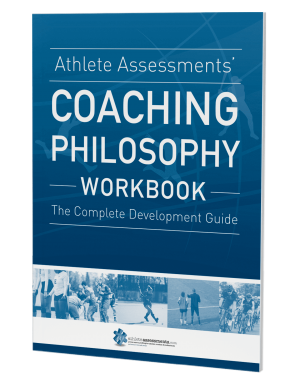
COACHING PHILOSOPHY
Workbook - The Complete Development Guide
Coaches are constantly told that having a well-defined Coaching Philosophy is a critical component of a successful career. BUT, it can be a challenge to develop on your own and it takes time to evolve.
We’ve taken years of experience, interviews with leading coaches, research and testing formulate this workbook for your benefit. Be guided step-by-step through this important process.


